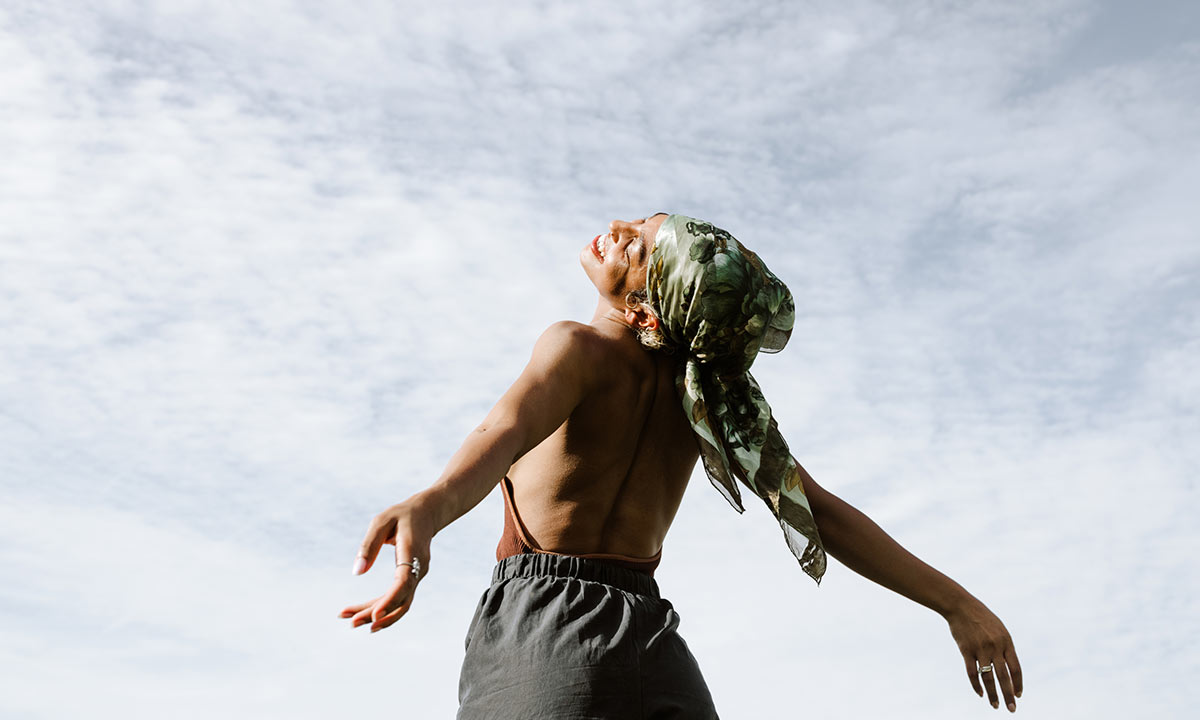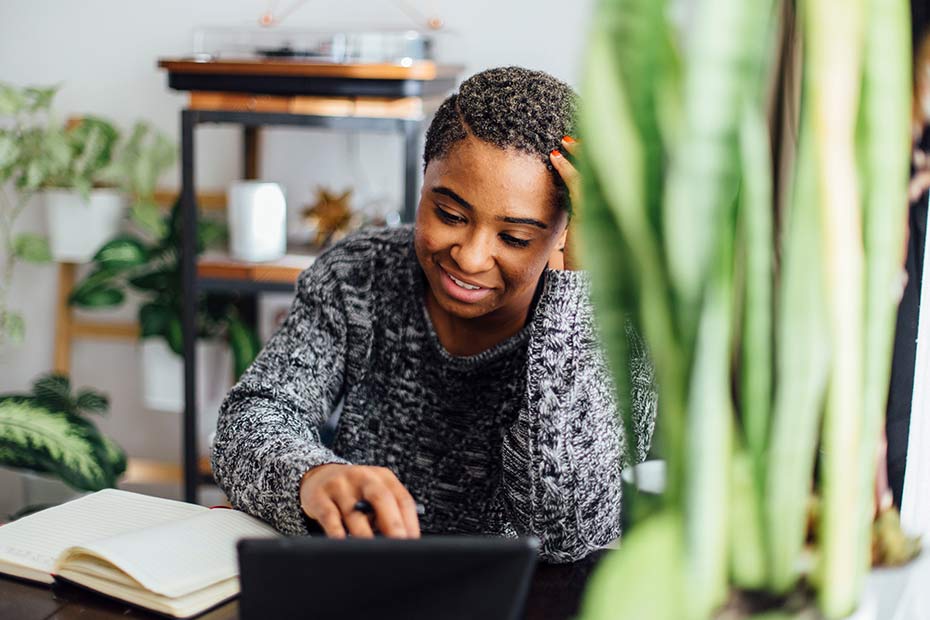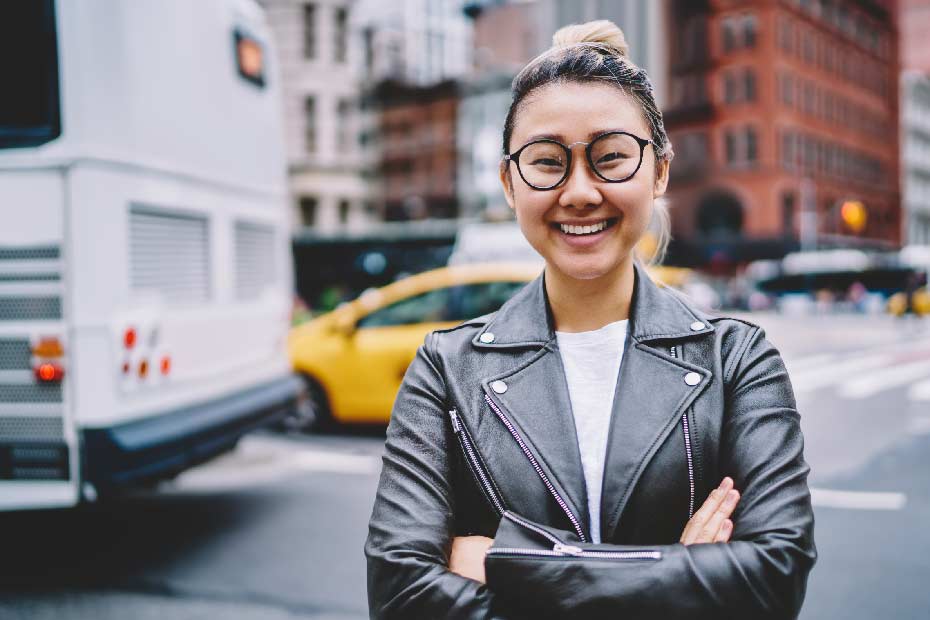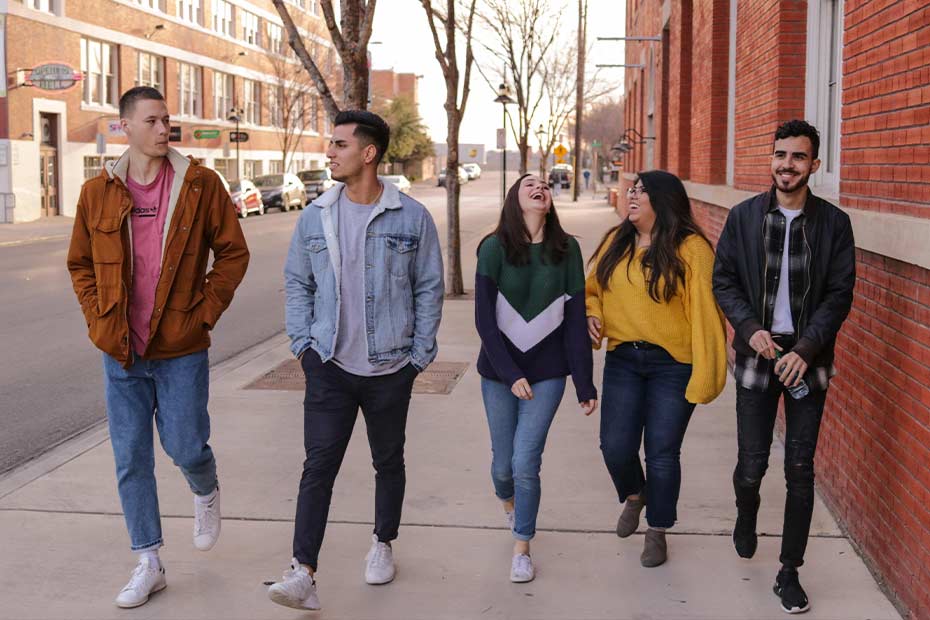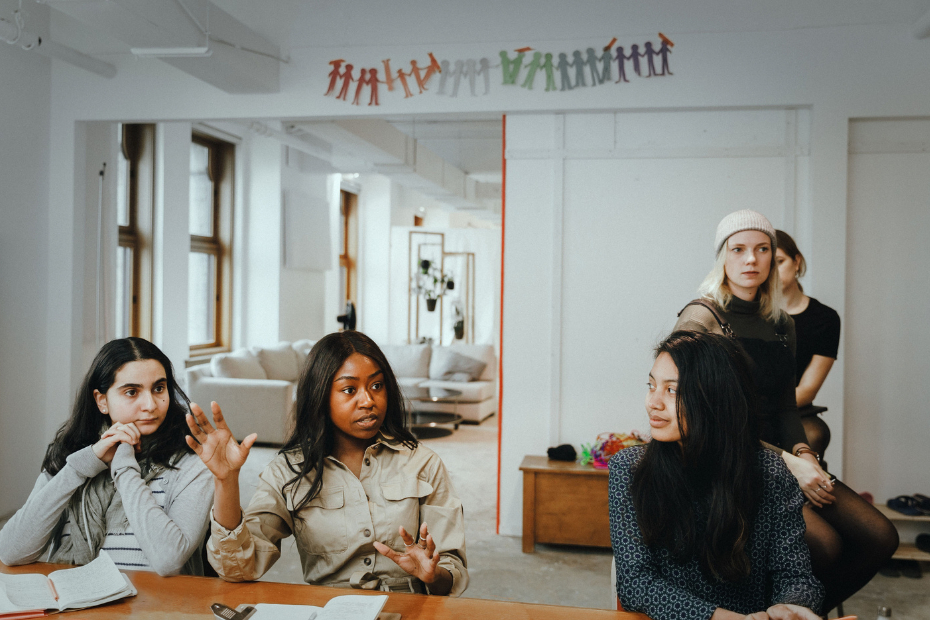Sometimes called “coping abilities,” resiliency is the emotional capacity to recover quickly from difficulties. But experiencing sustained discrimination and exclusion can deplete such coping abilities. It contributes to higher stress levels and may lead to further mental health challenges including depression and anxiety.
LGBTQ+ youth especially can be affected by such discrimination: Within Waterloo Region in Ontario, 45 per cent of cisgender (those whose gender identity matches the one assigned at birth) LGBTQ+ high school students and 70 per cent of transgender high school students who participated in a recent OutLook study reported low self-esteem. Youth have been disproportionately impacted by the ripple effects of the pandemic, says Claude DeMone, Regional President, Southwestern Ontario at RBC, which has committed to supporting programs that help youth and families access the right mental health care at the right time.
“Our ability to be resilient and bounce-back from adversity are capabilities many of us have needed to tap into during the course of this pandemic. Building them up takes strong support circles of family, friends and community,” says DeMone. “At RBC, we know we have a responsibility to help young people gain easier the right mental health and wellness resources to support them now and in future. If young people succeed, we all succeed.”
Most also reported a lack of a sense of community — with half never having accessed a dedicated LGBTQ+ space, such as group workshops with other youth going through similar experiences.
According to the 2021 RBC Future Launch Youth Outlook study, young Canadians, overall, are still feeling down, in spite of pandemic progress. In particular, LGBTQ+ youth are in dire need of mental wellness resources.
As a parent or caregiver, how do you help those who identify as LGBTQ+ feel a sense of belonging among each other and in the wider community? And how do you help them with the mental health challenges that arise from facing sustained discrimination?
OK2BME youth programming, which is run by KW Counselling Services, works at three levels in Waterloo Region to promote mental health as well as belonging: Firstly, there’s safe, supportive, free counselling for people under 30. Secondly, there are social and leadership programs that engage youth. Crucially, OK2BME also hosts public education workshops and training that promotes LGBT+ equity and inclusion—that helps build knowledge, allyship, and attitudes. After all, explains OK2BME, the source of mental health issues among LGBT+ youth isn’t their identities—it’s identity-related discrimination.
“Everyone has the right to feel comfortable and safe to be their authentic selves,” added DeMone. “At RBC we believe we have a key role to play in creating a more diverse and inclusive workplace and society for generations to come. We’re proud to have the opportunity to partner with organizations like KW Counselling Services and support their mission to uplift and support LGBTQ+ youth across our communities.”
Alicia Rubel, an OK2BME social worker, therapist, and public educator spoke about public education, community resilience, and the joys of seeing LGBTQ+ youth flourish in group sessions — despite workshops moving online.
Q: How can communities support youth resilience?
“It’s the responsibility of the adults and people with power in the world to make it a place where 2SLGBTQ+ youth are safe so they can be sensitive, so they can be open, so they can have their walls down,” Rubel says. “So they don’t have to struggle so darn much.”
“Creating a community that supports 2SLGBTQ youths’ resilience is what we’re looking for,” she says. “We’re trying to create environments where community resilience can be fostered, rather than putting that labour on youth.”
“That’s a big part of the reason why we as an organization focus so much on things like public education to address some of that oppression, and why we have these youth groups to help reduce the isolation.”
Q: How have youth you see been coping throughout the pandemic?
“One good thing we’ve seen is that some youth and adults have taken this time to get to know themselves better, to explore their identities,” says Rubel.
“It’s definitely hard. It’s such a critical period of time for youth in terms of having social relationships. Isolation is particularly hard for 2SLGBTQ+ folks because having that connection to the community is part of what buffers some of the effects of experiencing oppression.”
Sometimes trying to be resilient can take the form of acting defensive or “putting up walls” to try and cope with a situation she says.
Q: Have digital group sessions broken down barriers for LGBTQ+ youth?
“For those who are in a safe space at home, it’s been a great time for experimenting with their gender expression because they can do that through the day without necessarily being out in public,” she says. “So we’ve seen a lot of youth who — during the pandemic — have come to recognize their identities, understand themselves better, and maybe come out.”
“Especially in the Gender Journeys workshops, and in our youth groups generally, we’ve seen a huge increase in confidence. A lot of them, when they first log into calls they’ll be super shy. They’ll have their cameras off, they might not be want to speak out loud, they might just be typing in the chat.”
“They’re just coming from different backgrounds in terms of how much acceptance they have at home, and in their lives.”
As part of RBC Future Launch, RBC is committed to enhancing youth mental well-being, offering access to a wide variety of digital resources that can help cope through challenges, build skills in resilience and even help other youth who may be struggling. Please take some time and explore the link above.
More from the Breakdown Down Barriers: Youth Mental Well Being in Canada:
This article is intended as general information only and is not to be relied upon as constituting legal, financial or other professional advice. A professional advisor should be consulted regarding your specific situation. Information presented is believed to be factual and up-to-date but we do not guarantee its accuracy and it should not be regarded as a complete analysis of the subjects discussed. All expressions of opinion reflect the judgment of the authors as of the date of publication and are subject to change. No endorsement of any third parties or their advice, opinions, information, products or services is expressly given or implied by Royal Bank of Canada or any of its affiliates.








